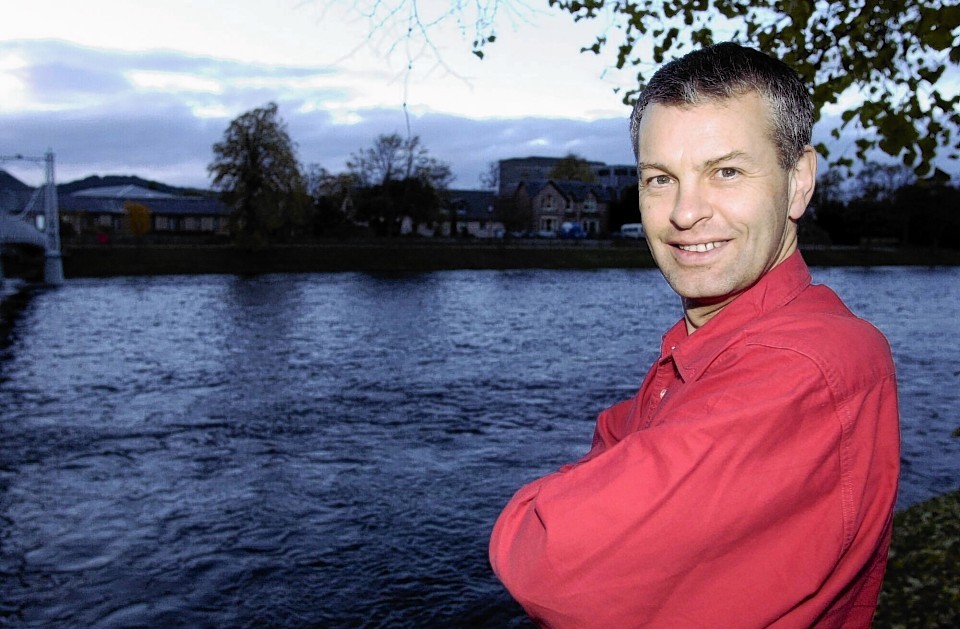A Highland expert in looking after patients with terminal cancer has blasted proposals for assisted suicide – claiming it would mark the start of a “slippery” slope toward mercy killings.
Dr Stephen Hutchison, retired consultant in palliative care at the Highland Hospice in Inverness, said evidence from other countries where the practice was allowed, showed a “relaxation of criteria and disregard for law”, that would be replicated in Scotland if allowed here.
“To argue otherwise is dangerously naive,” he said.
Dr Hutchison will lay out his arguments tomorrow when he is due to appear before the Scottish Parliament’s health and sport committee to give evidence on the Assisted Suicide (Scotland) Bill.
The proposed legislation to allow terminally ill patients to get the help of others to end their life is being taken forward by Green MSP Patrick Harvie on behalf of former independent MSP Margo MacDonald, who died last April after a long battle with Parkinson’s disease.
Tomorrow the health committee will hear from religious leaders and experts in palliative care, most of whom oppose the bill.
In his submission, Dr Hutchison, who retired in October, argued that “incremental extension, known colloquially as the slippery slope” – where the rules are relaxed or disregarded – has happened in other countries and will be repeated in Scotland.
Referring to the experience of places such as Belgium, Switzerland, Holland and the American state of Oregon, he said: “Other jurisdictions have safeguards in their assisted dying legislation, but these safeguards clearly no not prevent abuse.
And he told the committee it “should be in no doubt whatsoever” that if assisted suicide is legalised it “would lead inevitably to euthanasia in future”.
Dr Hutchison said it would be far more productive to bring the wider availability of palliative care to the “level of excellence” already provided to cancer patients.
“In my professional lifetime I cared for patients who had lost hope, or wished for the end of their lives to come sooner than later, but I can’t remember more than a handful who expressed a clear and constant wish that their lives should be deliberately ended,” he said.
“However, I can testify to thousands who, when given time, attention, and high quality professional palliative care, were deeply grateful for that care because it made all the difference.”
